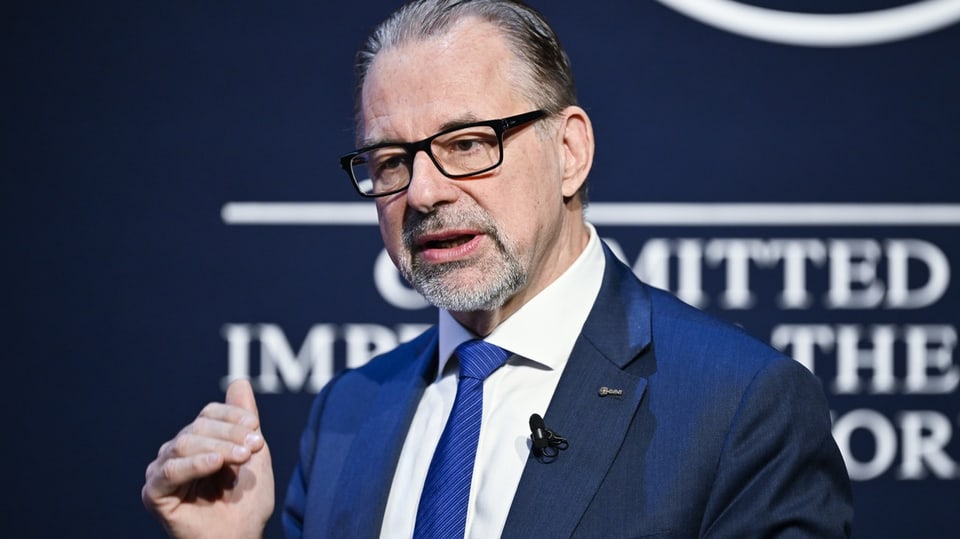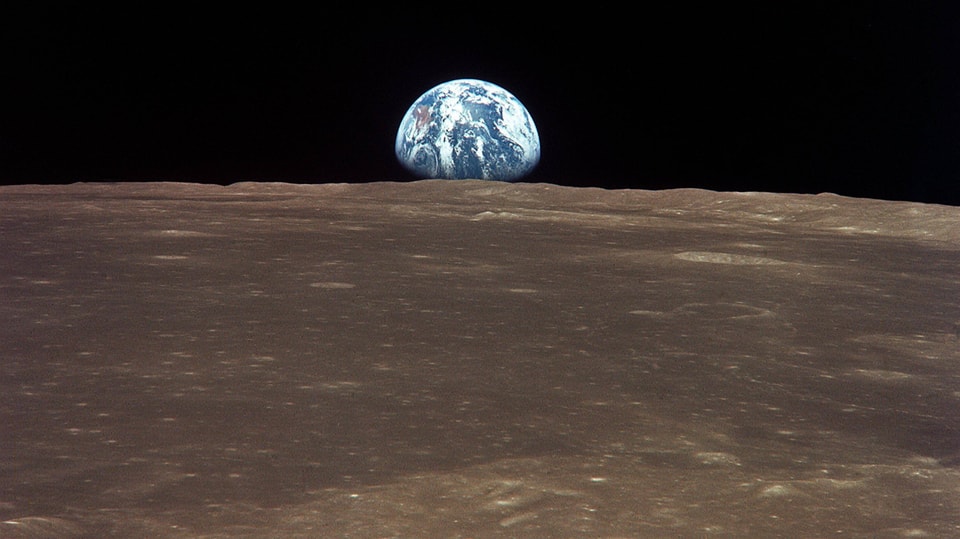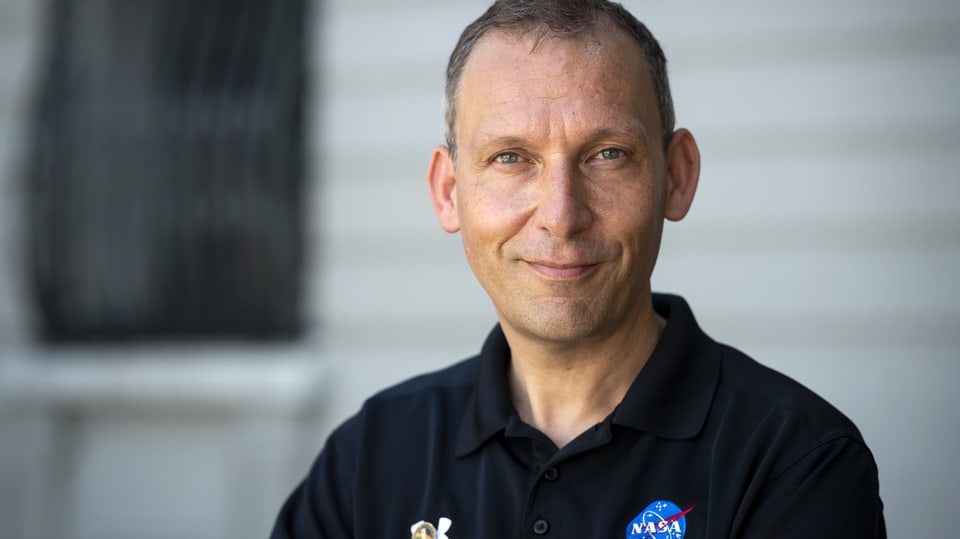Contents
The industry should invest more in space travel. Two important voices emphasize the usefulness of manned space exploration.
Numerous private companies are involved in the newly ignited race on the Moon and Mars. They hope to one day make big profits from mineral resources, and space tourism is also an issue. Many countries want a piece of the pie. At the same time, military and security policy aspects are becoming increasingly important in the quest for supremacy in space.
It is incredibly important that Europe is also important alongside the major space nations USA and China.
For the former head of science at the US space agency Nasa, the Swiss Thomas Zurbuchen, it is clear: Europe must also be important alongside the great space powers America and China. “It’s better for the world and also good for all opportunities in Europe,” emphasized the current ETH professor after a meeting of Swiss business leaders with the European Space Agency ESA at ETH Zurich.
Legend:
Together with the European Space Agency ESA, the former NASA chief of science Thomas Zurbuchen wants to herald a new phase of space travel in Europe.
Keystone/Anthony Anex
ESA Director General Josef Aschbacher also emphasizes that Europe must become more ambitious and do more manned space travel: “Europe is extremely good in space and has excellent engineers and scientists. But we don’t have the same ambitions as the US, China, Russia or India. That needs to change.” That has to change. A “wake-up call” is needed – also to keep the many talents in Europe and Switzerland.
Why not rely fully on robots?
The two experts see no contradiction in the fact that ESA now also wants to increasingly promote manned space flight, even though robots deliver very good results that are up to ten times cheaper. According to Zurbuchen, robots will also play a major role in manned spaceflight in ESA’s strategy for the future: “There is the right answer for every problem. Often it is robots, for many it is robots and humans and only in a few cases humans alone.»
Europe is very good in robotics, but has to catch up in astronautics.
First you send the robots, but in the end only humans with their intelligence can advance the research on site, according to Aschbacher: “The reports from the astronauts of the Apollo mission have brought us much further than all the measurement data series from robots.” Europe is good in the field of robotics, but has to catch up in the astronautical field.

Legend:
ESA Director General Josef Aschbacher is convinced that private industry can learn a lot from space research and must be more involved.
Keystone/Gian Ehrenzeller
It’s worth going back to the moon, even though you’ve been there a long time, says Zurbuchen. “Everything we thought we knew for sure 20 years ago about the moon was wrong.” For example, it was believed that elements such as water and neon were lost during the development of the moon. But the moon is full of water. And many other questions that have only arisen in the last five years could only be solved with new moon missions.
Whether it will one day be possible to bring mineral resources from the moon to earth is still very open and not at all clear.
At the same time, many countries now want to go to the moon because of the mineral resources. Zurbuchen finds the fact that several countries are doing science on the moon “incredibly good and beautiful”. With a view to economic interests, he puts it into perspective: “It is still very open and absolutely not clear whether it will one day actually be possible to bring mineral resources to earth.”

Legend:
Image of the Earth above the lunar horizon during NASA’s first manned moon landing on Apollo 11 in July 1969.
imago images/UPI Photo
